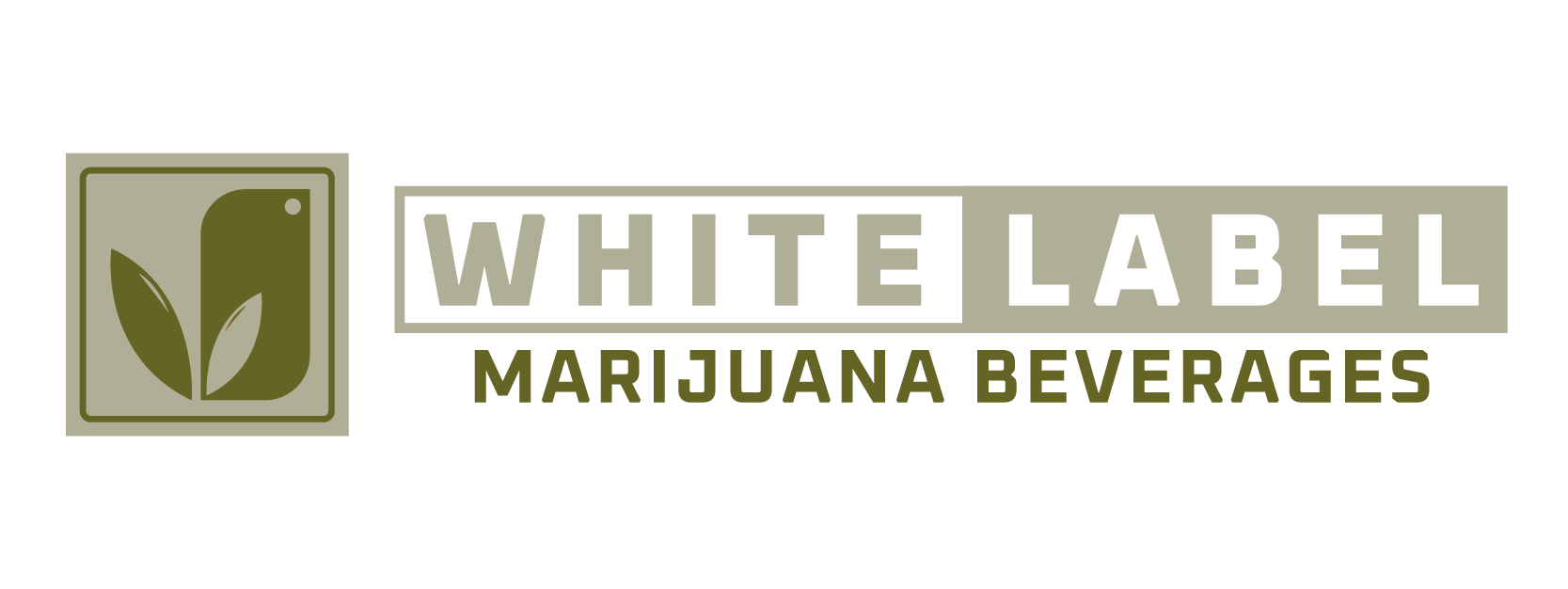As cannabis beverages continue to carve out market share, consumer demand for functional options such as sugar-free, vegan, and keto-friendly formulations is rising. Brands exploring these categories must balance taste, stability, and compliance with the lifestyle expectations of health-conscious shoppers.
Cannabinoid delivery system
Because cannabinoids are fat-soluble, water-based drinks require an emulsion to disperse the oil uniformly and improve bioavailability. Most beverage makers use nanoemulsions (oil + water + emulsifier + high-shear processing), which deliver faster onset, stable clarity, and consistent dosing across low- or zero-sugar formats. Selecting the right emulsifier—often plant-based surfactants—and carrier oils such as MCT can directly affect stability, mouthfeel, and the clean-label claims consumers value.
Acid systems and cannabinoid stability
Many sugar-free and flavored seltzer-style profiles operate at a low pH (≈2.8–4.2). Research indicates CBD may isomerize toward Δ9-THC under acidic conditions, potentially altering potency over time. To ensure consistency, brands should validate cannabinoid content throughout shelf-life testing, choose buffers carefully, and confirm that “THC-free” CBD remains compliant post-packaging. Using pH-tolerant emulsions or cold-chain strategies can help safeguard stability.
Sugar-free sweetening strategies
One of the biggest hurdles in cannabis beverages is balancing taste without sugar. Brands commonly blend high-intensity sweeteners like stevia, monk fruit, or sucralose with bulk agents such as erythritol or allulose to mask bitterness from cannabinoids. For keto products, non-nutritive sweeteners are preferred, though sugar alcohols can raise digestive tolerance concerns. A growing number of formulators now rely on stevia and monk fruit paired with flavor modulators, appealing to diabetic, keto, and fitness-conscious consumers. Targeted sensory testing is critical to confirm acceptance.
Vegan build: gelling, clarity, and foam
Delivering a vegan label goes beyond avoiding dairy flavors. Developers must exclude animal-derived clarifiers or texture agents. Pectin, derived from fruit, is often used instead of gelatin to provide light body or haze stability in low-sugar beverages like tea or lemon-infused cannabis drinks. Low-methoxyl pectins, which work with calcium rather than sugar, are especially valuable in sugar-free and keto formulas, giving beverages texture without breaking dietary rules.
Keto macro-control and calories
For keto consumers, every gram of carbohydrate matters. While emulsions contribute little to carbohydrate count, sweeteners, bulking agents, and fruit bases can add up. Brands should avoid maltodextrin, fruit purees, and high-carb stabilizers, instead highlighting net carb counts when regulations allow. Marketing can further emphasize calorie-conscious formulations, reassuring shoppers who prioritize strict diet adherence.
Compliance and dose architecture
Regulatory compliance shapes cannabis beverage design as much as science. In markets such as California, THC beverages are capped at 10 mg per serving, with resealable packaging required for multi-serve bottles. Brands must plan around consumer experience—offering sessionable 2–5 mg per serving drinks for social occasions, while reserving higher doses for niche shoppers. Compliance also extends to avoiding restricted additives and ensuring packaging communicates ingredients, allergens, and potency clearly.
Practical considerations
When developing sugar-free, vegan, or keto beverages, successful brands usually:
- Select vegan, beverage-grade nanoemulsions validated at target pH and storage conditions.
- Use stevia or monk fruit with natural flavors to deliver sugar-free sweetness.
- Incorporate plant-based texturizers like pectin to replace animal-derived agents.
- Conduct real-time and accelerated stability testing to confirm cannabinoid potency and flavor.
- Align product design with state regulations on dosing, packaging, and label claims.
Final takeaway
For cannabis brands, the intersection of dietary lifestyle and cannabinoid innovation represents a significant opportunity. Sugar-free, vegan, and keto-friendly drinks appeal to overlapping consumer groups—from wellness-focused millennials to fitness-driven professionals—who want healthier, functional alternatives. Success depends on mastering taste, ensuring stability, and delivering compliance-ready products that meet both dietary and recreational expectations.
